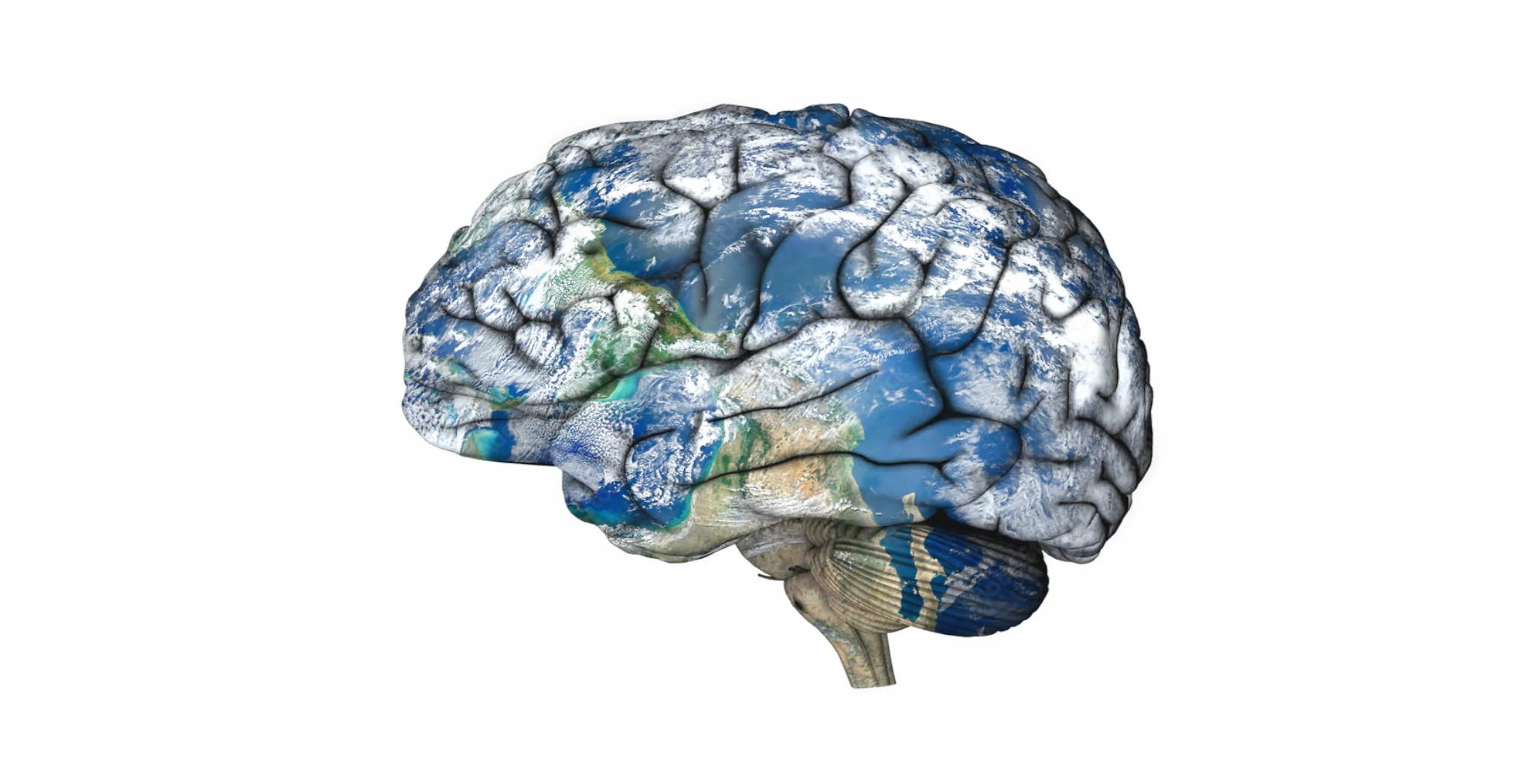Trying to Define The Meaning Of Social Consciousness
There are 195 countries and about 7.9 billion people in the world.
How aware are you of the top 5 problems that all these people are experiencing together?
Is that what “”Socially Conscious”” even means?
Most people are aware of their own unique internal conscience — Our inner morals that guide us through life. But there’s also external voices (vibes if you will) that we need to tune into. More of being conscious to the “”collective-conscience””.
Optimists believe that it’s important not to just focus on ourselves and the problems that affect us, but to also be aware of the common problems that others in the world are facing.
By understanding the bigger picture of society’s shared experiences, we can better understand our own place to contribute with-in it.
When we can better understand others, can we strive to help others which makes us better as individuals, and it benefits society overall as a whole.
In this article we’ll explore the full meaning and look for specific examples of what it means to have a social conscience.
Let’s Dive In.
What Does It Mean To Have A Conscience?
According to the Esteemed Dr. Myshele Goldberg – Having a conscience is one-in-the-same as having ‘morals-and-values’, of which you hold yourself accountable to.

More or less, your conscience is your moral compass, and ultimately, everyone carries their own “moral compass”.
As individuals, we all uniquely decide whether something is “”morally right”” or “”morally wrong””. But depending on a variety of factors including your upbringing, your culture, and your perspective on life, who’s to say what’s “”right”” and what’s “”wrong””?
Our individual conscience’s can be easily swayed by outside forces such as upbringing, culture, religion, philosophy, (and a good used cars salesman).
Social “”Conscience”” Vs. Socially “”Conscious””
Based on the collective expertise of sociology professionals, having a shared “social conscience” occurs when collective members of society hold a high regard for shared morals and values.

Being “”socially conscious”” on the other-hand means to have an ‘awareness’ to the plights, quagmires, pitfalls, and overall ‘vibe’ of society as a whole.
Those who are socially ‘conscious’, are aware of and in-tune to the complex problems that people face, everyday within their immediate communities, as well as within the larger collective-community around the world.
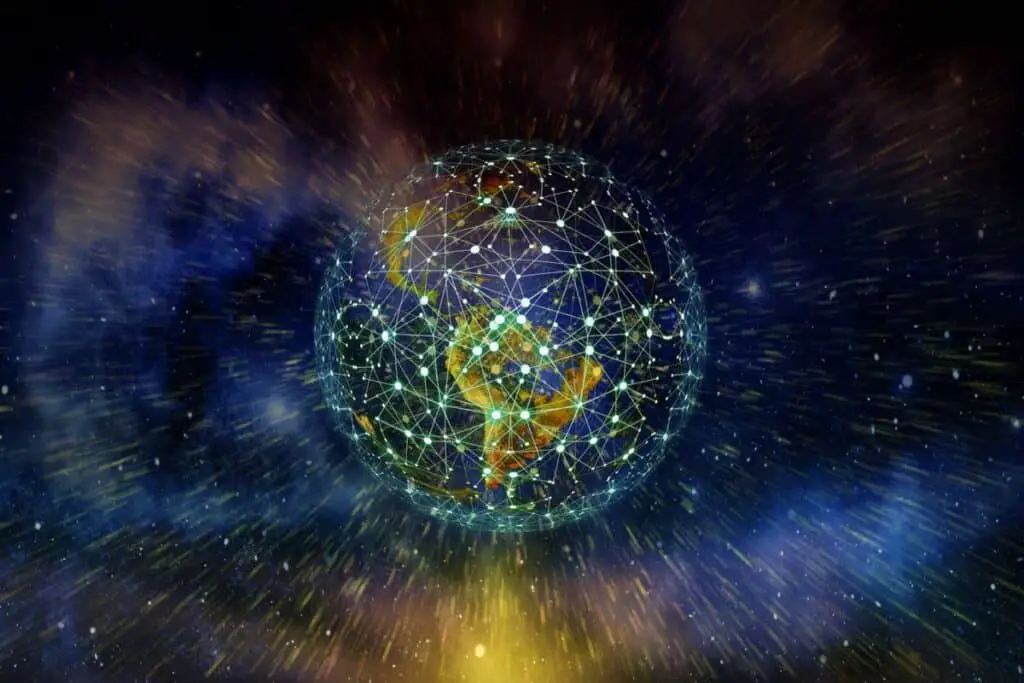
Micro vs. Macro Levels Of Social ‘Consciousness’
Social ‘con-scious-ness’ can happen on many different levels. At the ‘micro-level’ in your neighborhood, to the ‘macro-level’ as an interconnected global society (collectively bound together though the interconnectivity of the internet).
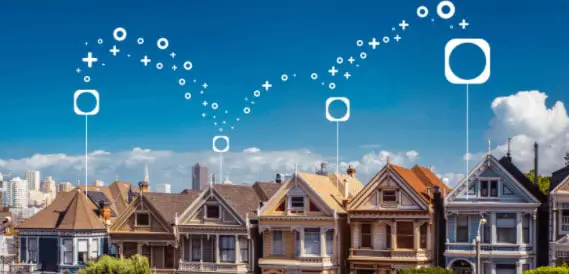
At the micro scale, imagine for a minute that your neighbor knocks on your door on a Saturday afternoon. You answer the door and they ask you for 15 minutes of your time to help with a quick DIY project.
What do you say? Yes, or no?
Most people will say yes, and then help no problem (unless there’s outside factors). Why?
Because our neighbors make-up our local community and we feel it’s the right thing to do based on our shared social conscience.
Do you “”have”” to sacrifice 15 minutes of our time to help on a Saturday (Afterall it’s a free country)? No we don’t “”have”” to. But, do we mind? Not really. Because we’re conscious that helping others in our community can be mutually beneficial.
The macro-level of social consciousness is more complex, but the idea is the same as on the micro-scale. When we contribute to society, it raises the overall productivity level of society.
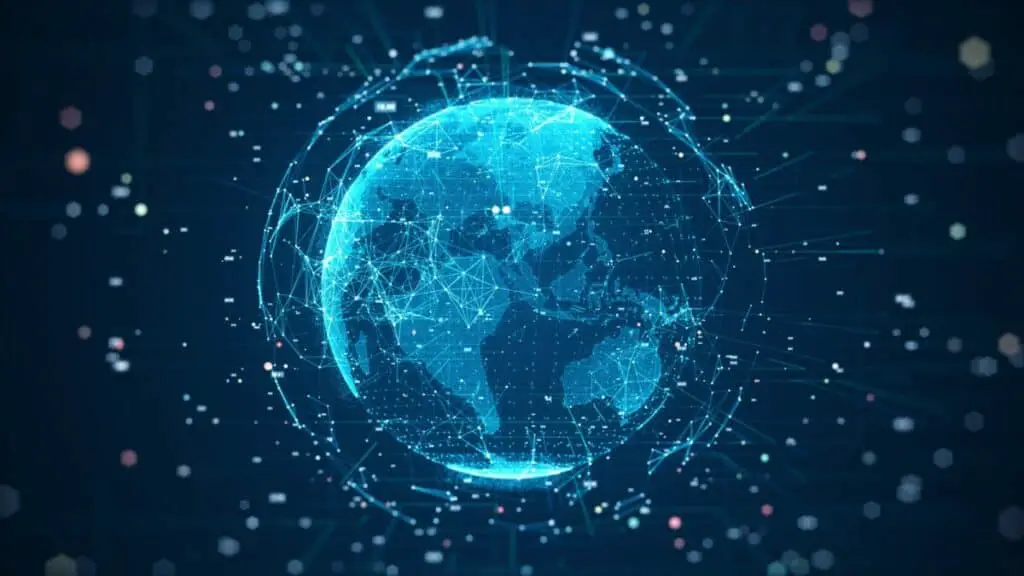
An example of social consciousness is when we send aid to those in need across the globe. Maybe a country is war-torn, or they’re facing a devastating natural disaster. Either way, we see individuals and governments becoming slowly (over generations) more socially conscious to our shared collective needs.
Why Is It Important To Be Socially Conscious?
When too many people in a society are uninformed (unconscious), it gives those currently in power, more power, and more opportunities to take advantage of (manipulate the emotions of) those who are less informed.
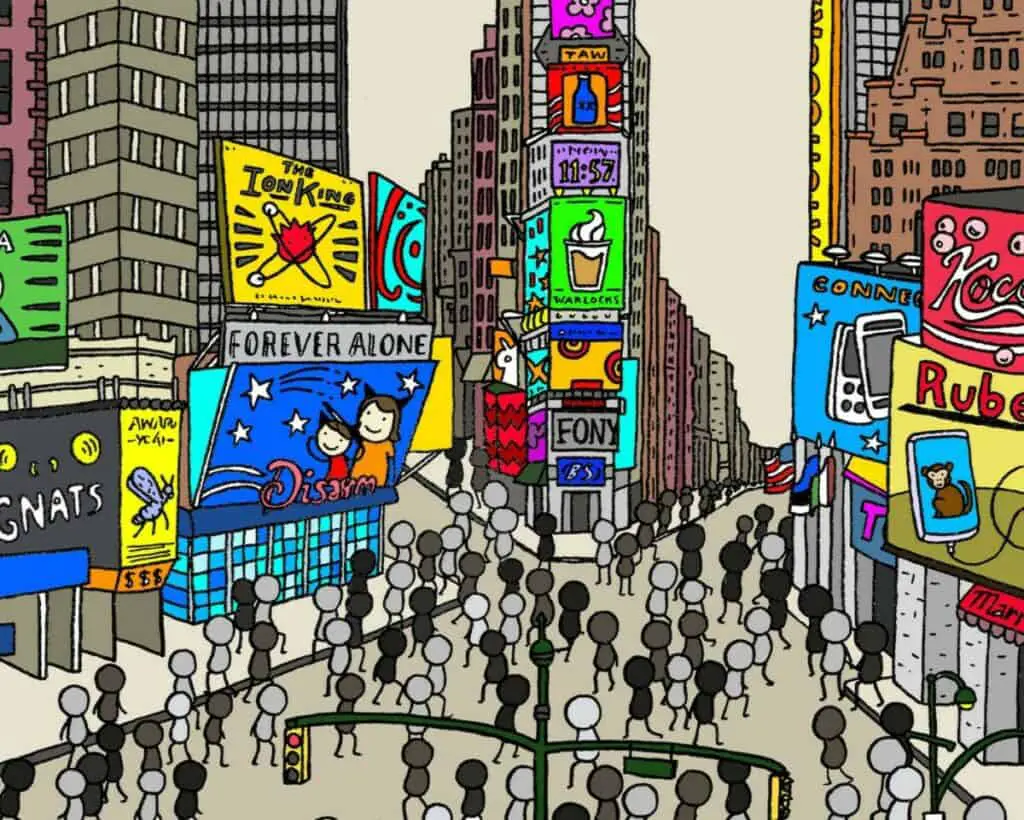
When we are unaware of what’s going on in the world, it can create stagnancy, lack of trust, and blind loyalty. People tend to care more about small scale issues happening in their own communities. But care less about large scale problems happening outside their community.
This is called being “out of touch”.
For example, many people could care less about those suffering from wealth inequality. Their circumstances are seen as a personal failures and poorer individuals are deemed “lazy” or “weak”.
When in reality, the lack of basic resources, education, structure, and mentorship has left them stranded by the system of society itself. Sure there are outlying cases where some people can make it out of poverty, but by-in-large, wealth inequality is a ‘systemic and societal resource-allocation problem’, not an individual problem.
We shouldn’t blame individuals for their “failures” in society. Instead, we should look at how society has failed them. When we have compassion for others, we can take steps to help them rather than blame them.
But there’s also a fine line between helping those who are underprivileged (teaching a man to fish) and enabling a pattern of repeated poor decision making (giving a man a fish).

When we are aware of what’s going on in the world, we can strive to make a change. When enough people are informed and show that they care, the probability that change happens becomes much more likely to occur.
7 Signs of Someone Who Has A Strong Social Conscience
1. Emotional Awareness – The ability to understand your own internal feelings. It’s also a deep understanding of how your emotions can affect others around you.
For example, being sad and giving off general negative vibes can make others around you feel anxious, uneasy, and sad as well. Also, being happy can boost the vibes of those around you as well. This doesn’t mean you should suppress your emotions to avoid upsetting others. But, it does mean understanding your emotions, the consequences and effects they have on others, and when it’s appropriate to express them.
2. Self-Regulation – The ability to control your actions despite your emotions. Being conceptually aware of your emotions is one thing, but actually controlling them is another.
For example, you should probably avoid yelling at the cashier after you’ve had a bad day. They are not the source of your frustration, so they don’t deserve to bear the brunt of it. It’s not their fault your boss sucks and your coupons are expired.
3. Social Empathy – The ability to understand another person’s feelings.
This is like the old saying, “put yourself in their shoes”.
As an example, imagine the feelings you’d have and what you’d be like if you grew up as a teenager in Iraq after losing your whole family from a US military drone strike. You may be able to understand their devastation and uneasiness towards Americans, despite never having been in that situation yourself.
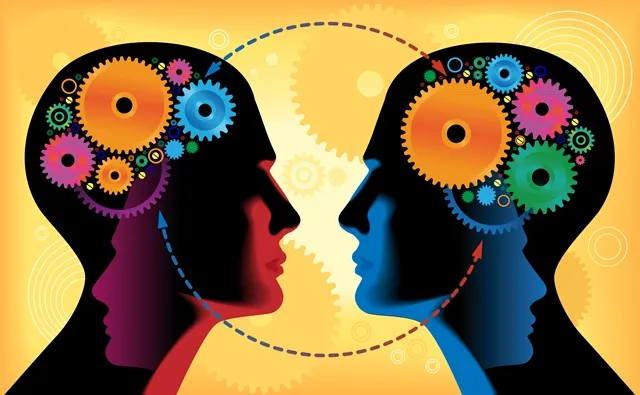
4. Active Listening – The ability to listen to another person. Rather than interrupting them, provide non-verbal cues to show that you hear them.
This may include using eye contact and nodding in understanding. Avoid negative non-verbal cues like checking your watch, crossing your arms, or fidgeting.
5. Social Cooperation – The ability to work with others to meet a common goal. This is often a learned skill, and it may require you to make some sacrifices for the greater good of society.
For example, wearing seatbelts may feel like a hassle, but in the United States with all citizens cooperating to wear seatbelts, we’ve not only reduced deaths, but also reduced the shared pool of medical costs by billions of dollars collectively.
6. Social Kindness – The ability to be friendly and personable to others in society. Not just hiding away.
As a child, you probably learned how important it is to be nice to others. Remember the saying, “if you have nothing nice to say, then say nothing at all”?
Being unkind to others serves no purpose in society. It harms your relationships with others, spreads negativity, and harbors resentment. When we are unkind to people, they tend to shut down emotionally and are less inclined to help.
Kind interactions help build connectivity and foster societies to thrive in uncalculatable ways.
7. Social Respect – The ability to understand that every human has the right to human dignity.
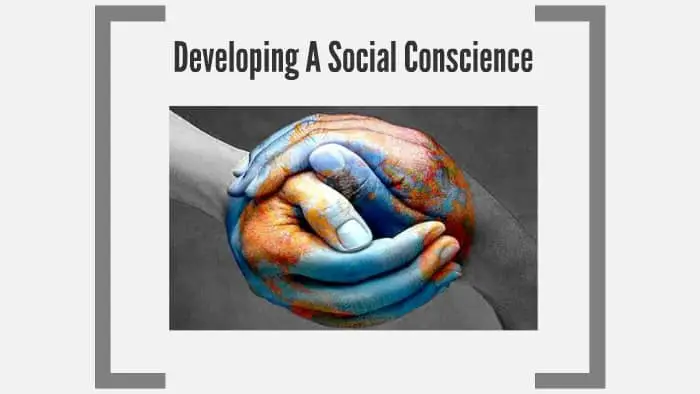
Every person has a right to a baseline level of respect and human dignity. We should treat everyone as we would like to be treated, giving them the respect that we owe ourselves.
No matter how “high up” you are in the world, it’s important to recognize that no one is beneath you. Not matter what religion, color, creed, immigration status, or sexual orientation.
We’re all humans experiencing life on Earth.
Do People Have A Responsibility To Be Being Socially Conscious?
In an ideal society yes, in a free society, no.
Being socially conscious can be mentally and even physically draining. So, many people find that they just don’t have the mental capacity to keep themselves informed. Our lives are already stressful so why bother with other peoples hardships? For some people, ignorance is bliss and they don’t want to think about all the horrible things that are going on around the world. Fair enough!
That sentiment is completely valid. But, do we owe it to our fellow humans to care about their hardships?
The ‘Social Responsibility’ Theory
According to the “social responsibility theory” “individuals are accountable for fulfilling their civic duty” which helps society to maintain balance as a whole.
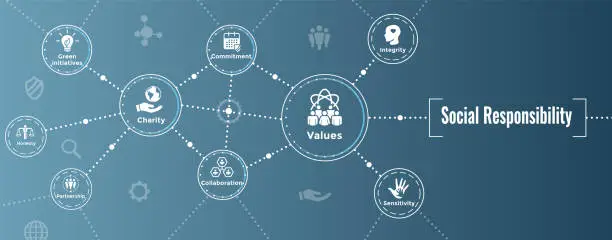
By each individual fulfilling their civic duty, economic growth and the welfare of the people will be balanced. In much of the world today, we don’t have that balance. Economic growth far outweighs the welfare of the common people and becomes divided unequally.
There are differing opinions on this. But, most people agree that we have a responsibility to be socially conscious. It’s difficult to know everything that’s going on in the world. But, it’s entirely possible to be conscious of the most important issues that our world is facing.
3 Ways To Encourage Being More Socially Conscious?
Everyone’s lives are different, busy, and unique . It can be hard for some people to prioritize being socially conscience. So rather than forcing, or shaming people who are not socially conscious, we should only encourage them in positive ways.
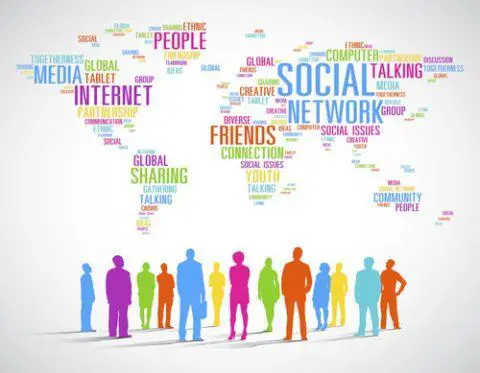
- Share What You Care About. The easiest way to make change is to talk to others. Tell others about the ideas you care about and why you care about them. If you are passionate about something, you can often show people why that thing is important.
Keeping in mind that not everyone cares about the same things or has the same priorities as you.
When sharing passionate ideas, make sure to also express active listening and be open to other peoples ideas as well. - Get The Community Involved. It can be hard to make a change on your own; it’s much easier when you have a community backing you up.
Start by sharing the thing you care about. Then, get people involved and connected. - Have A Positive Attitude and Have Fun. When trying to make a change, some people fall into the pitfall of “doom and gloom”. They tell everyone how bad it is that something is happening, but they don’t offer solutions.
Be optimistic and offer solutions, not just problems.
People don’t want to help if they feel like the situation is already hopeless. Choose optimism. Give them something to work towards. Encourage them and tell them how their actions are making a difference. And try to make change fun, you’ll draw more positive people in this way.
Social Consciousness, Social Media, & Technology
As humans, we are social creatures. Today, technology gives us the ability to be more socially connected than ever. Leveraging the internet as a pool of collective information, the level of knowledge and awareness we can achieve as individuals has never been greater.

But, people also tend to be nastier to each other through technology as well. Technology provides anonymity. It Allows people to say things that they would never say in person. Most of the time, they can say these things without consequence.
It’s important to remember social respect when we’re using technology. We should treat people how we would like to be treated. Treat everyone with kindness rather than negativity.
Still, technology can have a huge positive impact on the collective social consciousness. We can use our platforms to spread positive vibes, kindness, awareness, and implement change ona. Scale that was previously not possible.
With our access to technology, the power of change literally sits within our hands. It is easier than ever to be aware of what’s going on in the world. It’s easier than ever to connect to those around you. And, it’s easier than ever to make a change.
9 Ways To Increase Social Consciousness
Social consciousness is not something you’re born knowing. It has to be learned, and that can be harder for some than others.
But, learning social consciousness and expanding social consciousness is possible for everyone. You just need to practice.
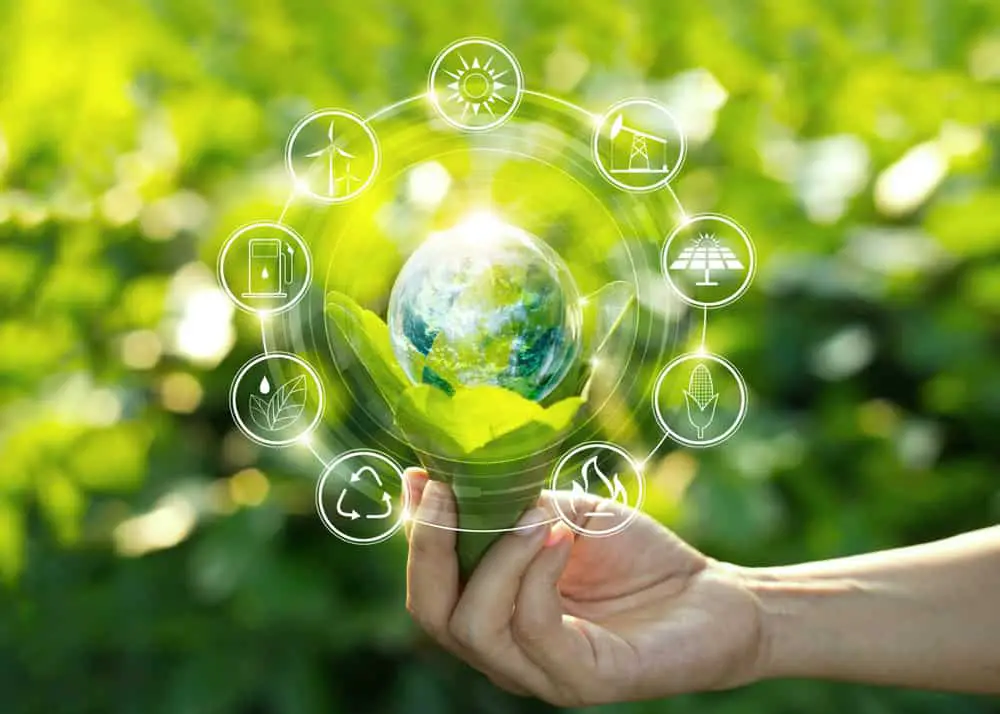
1. Stay Informed. The first step towards increasing your social consciousness is staying informed and knowing what’s true.
Try to find out what’s happening in your own community as well as across the world. Get your information from reputable sources before forming any opinions.
2. Talk To Others About What Is Happening. This is another big step in becoming more socially conscious. If those around you don’t know what’s going on, then you discuss with them openly. If they do know what’s going on, then you can gather their opinion on the matter. You can also encourage each other to become more informed.
3. Be Conscious Of What You Buy. This is a big one. So many products are made in underdeveloped countries where labor laws don’t exist. The workers are underpaid and abused. By buying products from countries that exploit workers, we are perpetuating the worker’s conditions.
Before buying a product, consider where the product was made. Consider if it is fair trade, and what ingredients are in the product.
If you can, it’s always better to buy locally-made products. This way, you’re supporting your local communities. Plus, you’ll know that the workers are being treated fairly.
4. Reuse Resources If You Can. Resources in society are limited and expensive. Someone has to pay for everything. Before buying something new, consider how much you actually need the product. Is there something you already own that you could use in its place? If the item is broke, can you repair it rather than buy a new one?
Also, avoid throwing things away if you can. You can recycle things like glass bottles, bags, and plastic containers for storage.
5. Recognize & Celebrate Diversity. There are all kinds of races and cultures throughout the world, and we should celebrate that. You’ve probably heard the saying, “I don’t see color.” The people that say this usually mean well, but it can actually be problematic.
Rather than pretending that everyone is exactly the same, we should recognize our differences and celebrate them! We can learn and grow so much by interacting with people outside of our own culture and race. We can grow, both as individuals and as a society by acknowledging and embracing our differences instead of pretending they don’t exist.
6. Don’t Make Judgements & Be Kind. No one’s life experience is exactly the same as another’s. We all have our good times and our bad, and we have to be conscous of what others are going through.
Even if we have had a similar experience — such as a death in the family, for example — we may not react the same way. Everyone is different. How people react to a certain circumstance might be different than how you would react. Don’t judge too quick.
It’s important to try and place ourselves in someone else’s shoes. Recognize what they’re going through and try to understand how they’re feeling. Placing judgments on others does nothing to help anyone.
7. Be Open-Minded. People often shy away from things they don’t like or don’t understand. Try not to shut things down just because you’re afraid or don’t understand them. Instead, accept and acknowledge a bit of fear is OK and allow your mind to explore the new experience or concept anyways.
8. Be A Role Model. You can make a positive change simply by setting an example for those around you. This doesn’t have to be anything big. You could simply encourage your coworkers to throw their water bottles in the recycling bin rather than the trash. Lead by positive example.
9. Consider Those Who Don’t Have A Voice. Being socially conscious doesn’t just pertain to humans. We have a responsibility to maintain and improve the overall environment in which we all live.
How Can We Solve Problems While Maintaining A Social Conscience
More social problems arise as a society grows. And as more problems crop up, it can be difficult to separate small problems from big ones.
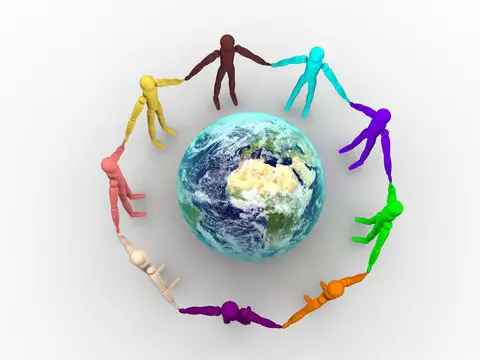
To solve these problems, we first need to look at the injustices that are occurring in society. We need to be aware of what problems affect different communities and populations and at what scales these problems occur.
We can’t have a narrow view of the problems surrounding us and rather than focusing on the problems that affect us directly, we need to look at the problems affecting everyone.
While we’d all love to help our neighbor find her cat, sometimes we have bigger priorities. The same is true on both micro and macro scales.
What Is Wrong With “Survival Of The Fittest?”
Herbert Spencer coined the phrase, “survival of the fittest” in his 1864 book, ‘Principles of Biology’. Many people mistakenly attribute the phrase to Darwin. But, Herbert wrote this book several years before Darwin’s book on the Origin of Species.
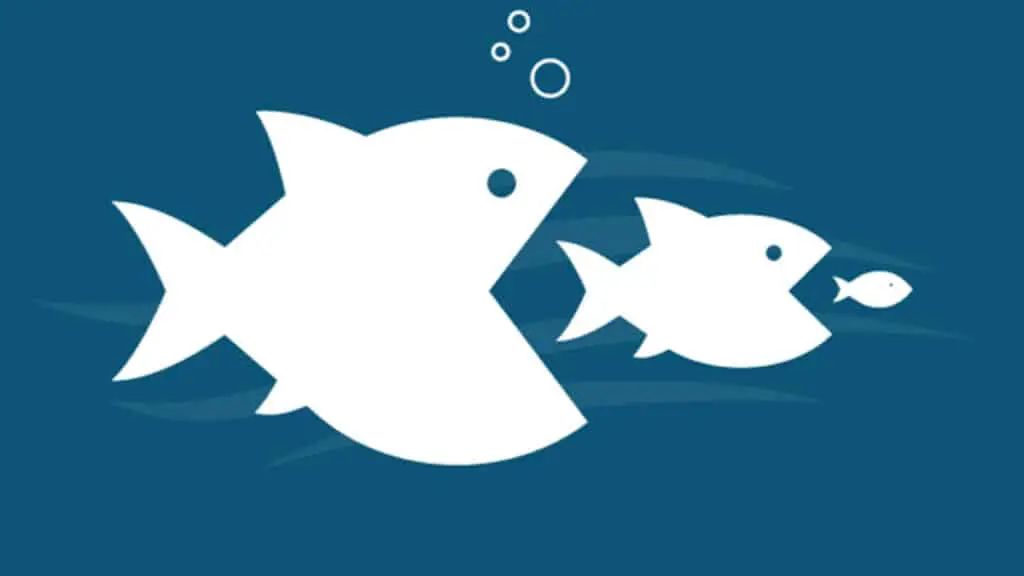
Herbert came up with the term after he saw parallels between his own ideas on economics and Darwin’s ideas on the natural world. He says that ‘survival of the fittest’ is what Darwin refers to as ‘natural selection’. In other words, it is the, “preservation of favored races in the struggle for life.”
But, this is not entirely true as Herbert misconstrued what Darwin meant by ‘natural selection’.
Both men focused on evolution. But, Darwin focused more on the biological side of things. Herbert focused on how evolution governs society.
Social Darwinism
Today, when people think of Herbert, they think of ‘social Darwinism’. Although the term has Darwin’s name in it, the term was inspired by Herbert.
Social Darwinism tries to apply the biological principles of ‘natural selection’ to economics, politics, and sociology. It refers to the idea that those who are successful deserve to be successful, while those who have failed deserve to fail.
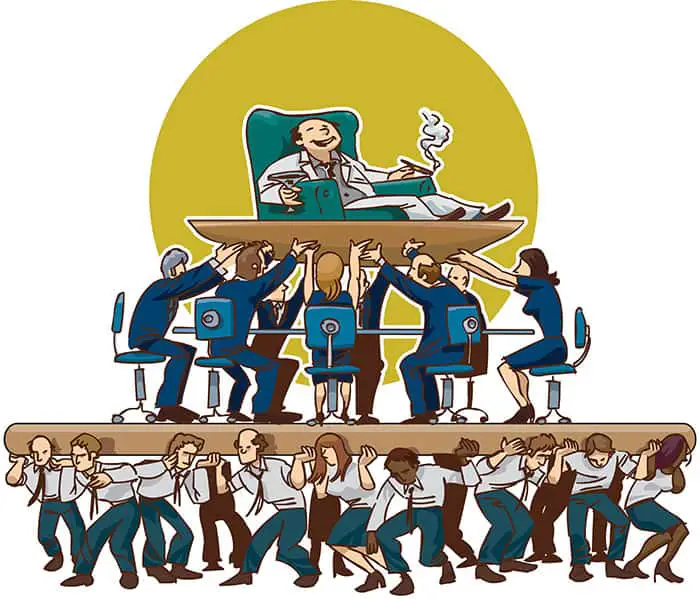
This is not always the case in a Capitalist society, where wealth breeds more wealth.
Herbert Twisted The Meaning Of ‘Natural Selection’
As you can imagine, this viewpoint has a lot of problems. Researchers agree that Spencer Herbert has twisted Darwin’s ideas. He uses them to defend dangerous and immoral political doctrines.
Bernard Lightman, a historian of science at York University in Toronto says:
“Spencer hated socialism because he thought socialism was all about protecting the weak. To him, that was intervening in the natural unfolding of the evolutionary process.”
The problem with this viewpoint is that it downplays corruption and assumes those on top got there through evolution, which is not always the case.
Today, most people have abandoned social Darwinism as we’ve come to see the inherent value and potential in every person’s life and ability to contribute to society.
How People Misuse ‘The Survival Of The Fittest’
Vanessa Woods is the co-author of Survival of the Friendliest. She says that, to start, people misunderstand ‘survival of the fittest’. ‘Fitness’ simply refers to your ability to reproduce. It doesn’t necessarily mean that you have to be the biggest, strongest, or wealthiest to succeed.
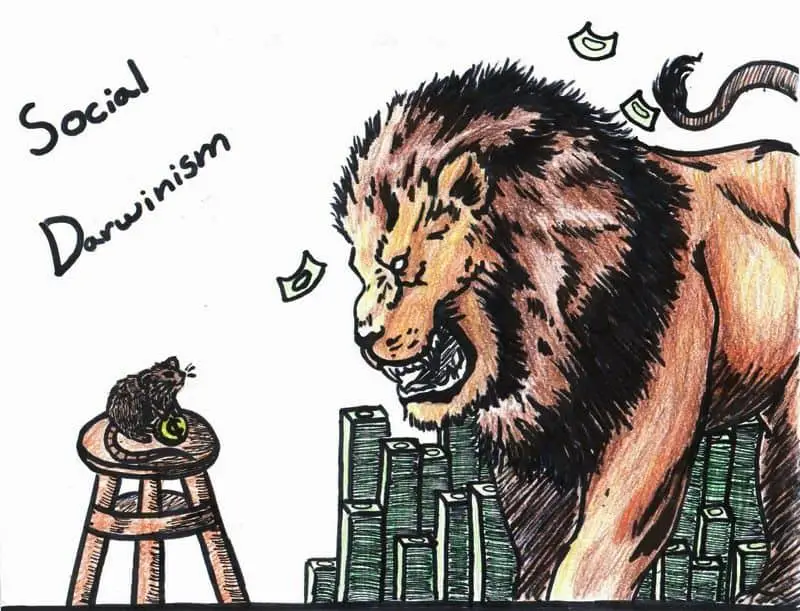
In fact, even Darwin disliked the term ‘survival of the fittest’. Instead, he hypothesized that human evolution will flourish when we center on sympathy. Darwin wrote:
“Communities, which included the greatest number of the most sympathetic members would flourish the best, and rear the greatest number of offspring.”
Often, species who cooperate with each other and are friendly are also the most reproductively successful. Woods says that, “Homo sapiens are the best example of what survival of the friendliest is.”
In other words, we do better as individuals and as a society when we work together and are kind to one another.
But, people have misused the term, using it in support of eugenics. Eugenics led to the desire to weed out “undesirable” human traits. This thinking further divided society, furthering racism, sexism, oppression, and genocide.
Brain Hare is a professor of evolutionary anthropology at Duke University. He is also the co-author of Wood’s, Survival of the Friendliest, and says that,
“It’s not meant to refer to ‘Hunger Games’-style ruthless competition, only to an organism’s ability to thrive and reproduce in a specific environment.”
Today, biologists agree, cooperation leads to more evolutionary success than competition. Cooperation and the ability to have compassion for others is the reason the human race has survived and thrived for so long.
What Are Socially Conscious Companies?
A company is considered socially conscious if they find ways to benefit others besides itself.
They make sure that they are able to provide their employees with good living conditions. They ensure that their product or services will benefit society. Plus, they ensure that their business practices will not negatively impact the environment.
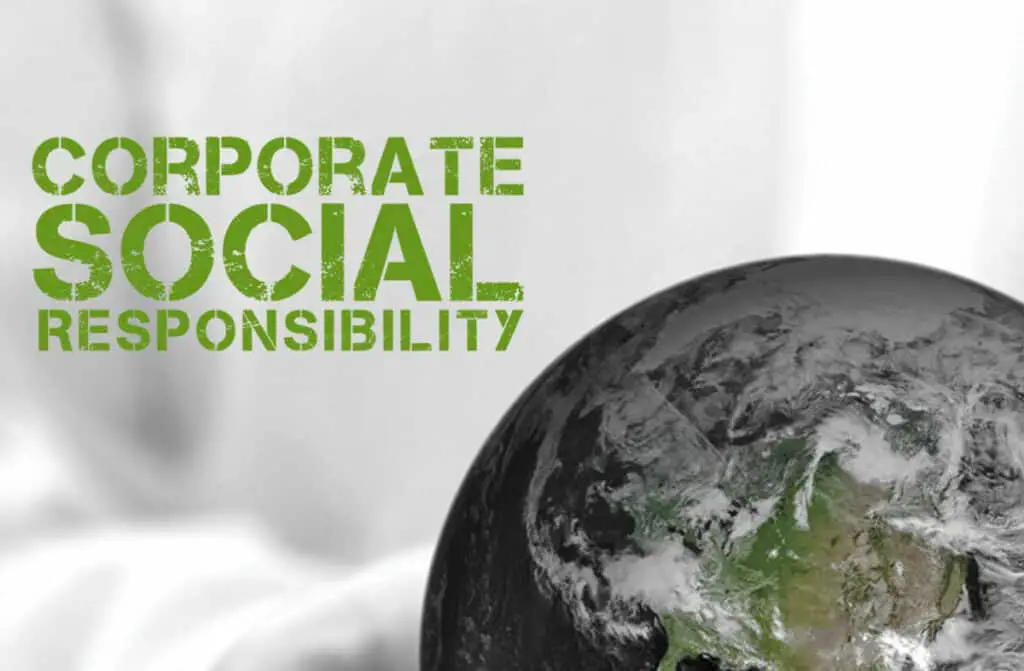
With the help of the internet, younger generations — millennials and generation Z — are more tapped in to the socialy conscience than ever. As a result they are more conscious about the things they buy and the companies that they buy them from.
More and more, people are seeking out companies who are also socially conscious. They want products and services that are sustainable. They also want companies that care about their employees, their consumers, and anyone else who might be impacted by their practices.
In 2020, millennials made up about a third of the global workforce. Research shows that about 40% of millennials have chosen a job because of the company’s sustainability agenda. Many have even said they would accept lower pay to work for a company that is environmentally friendly.
Many businesses are beginning to realize this. To stay productive and relevant, they are changing their business models. They want to appeal to the younger, more socially conscious generations.
Final Thoughts: Having A Social Conscience
It can be hard to be socially conscious when our daily lives are already so busy. But, that’s all the more reason that we need to be more aware of the social conscience. Being aware of what others are going through not only helps ourselves, but society as a whole.
Even if you don’t have a lot of time or energy, you can still make a change or be aware of the inevitable changes in society that are happening around you.
Loved what you read?
Hit that share button and let the world in on the secret – we’d be thrilled!
Got thoughts? We’re all ears for your feedback, corrections, or a good old chat. Don’t be shy; drop us a line.
And hey, don’t miss out on our curated list of must-reads in the recommended books section.
Big thanks for diving in with us today!


